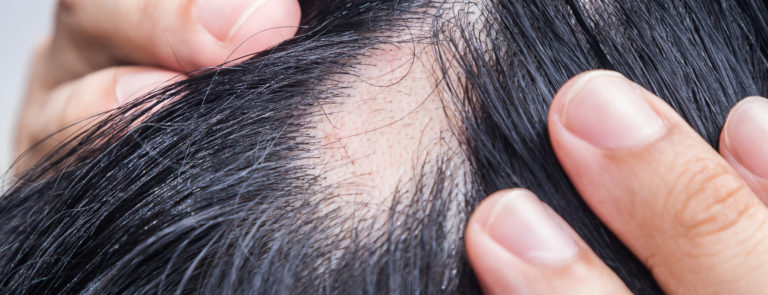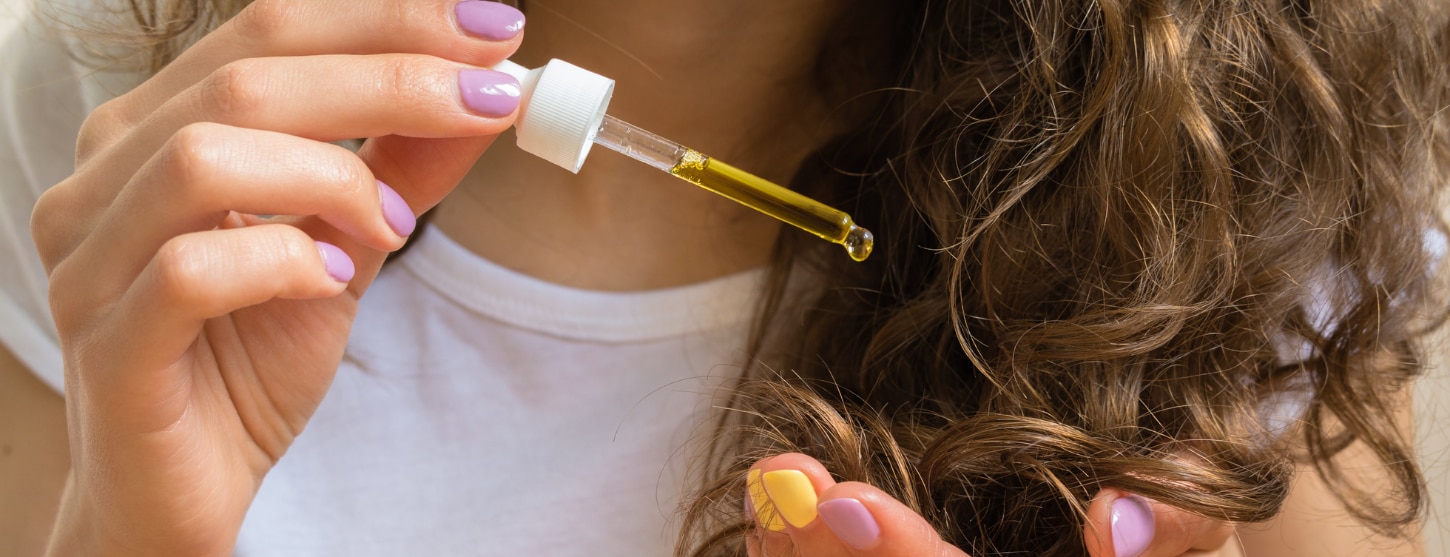15% off €25
Code:BAG
Alopecia areata: what is it?

Could a natural approach help symptoms of alopecia areata? Find out what the condition is, what causes it and what the treatments are.
Alopecia areata is an autoimmune condition which causes hair loss.
It’s thought around 2% of people will experience alopecia areata at some point.1
What is alopecia areata?
With this condition, the immune system mistakenly attacks healthy hair follicles, causing hair to fall out and stop growing. Hair loss occurs in small, coin-sized patches over the head or body.2What is the best treatment for alopecia areata?
It’s important to know there is currently no available alopecia cure. There are several forms of alopecia treatment available, from steroid injections to immune response-blocking drugs which can be effective in some people, although the condition can reoccur.3,4What are the main causes of alopecia?
Triggered by both genetics and environmental factors, it’s not always obvious what causes alopecia. It’s fair to say that alopecia areata isn’t really about hair at all. The hair loss is a side effect caused by signals in the immune system breaking down, causing your body to attack healthy hair follicles by mistake. Hair follicles have ‘immune privilege’ – meaning they are protected against the body attacking them when bacteria or viruses are present. The hair follicle cells in someone with alopecia areata lose their ‘immune privilege’ and are attacked by the body as it attempts to purge the follicles of the non-existent threat.5,6 Some common alopecia causes are thought to include:- A family history of other autoimmune conditions such as Type 1 diabetes and rheumatoid arthritis
- Contracting a condition such as herpes simplex or flu7,8
- Environmental triggers such as stress or a poor diet9,10
What is the best home remedy for alopecia areata?
The following natural methods might help manage the condition.- Acupuncture
- Diets that support your immunity
- Probiotics



